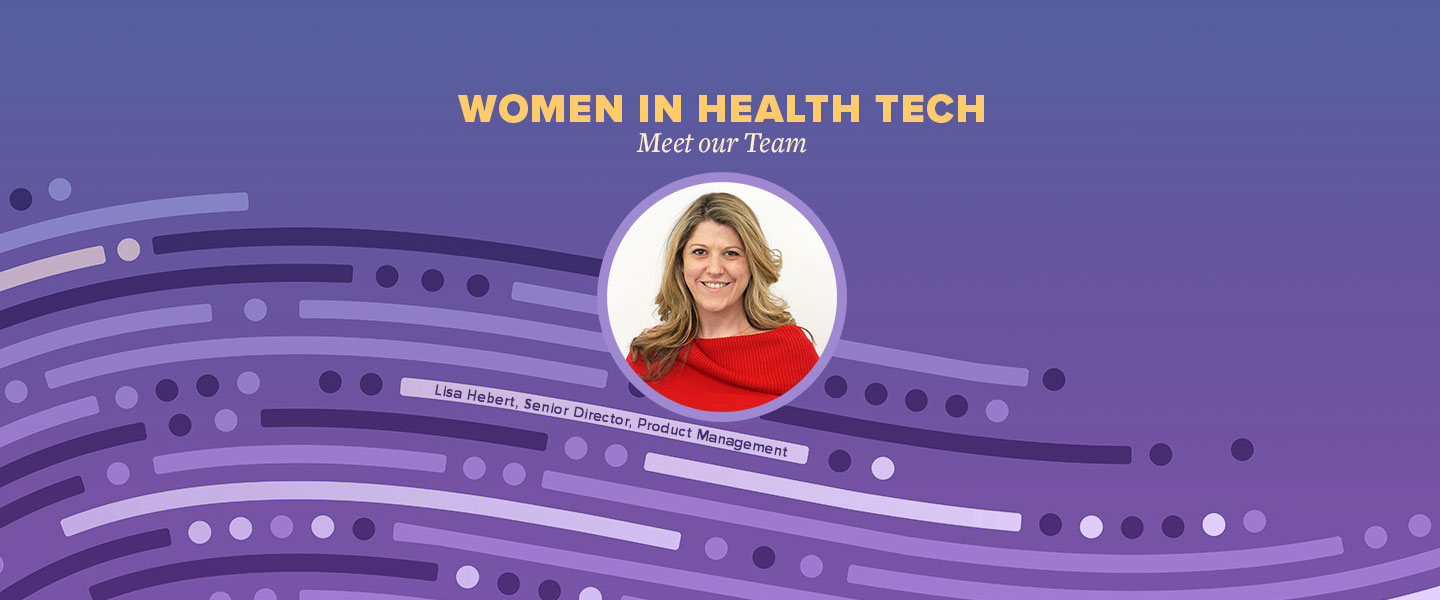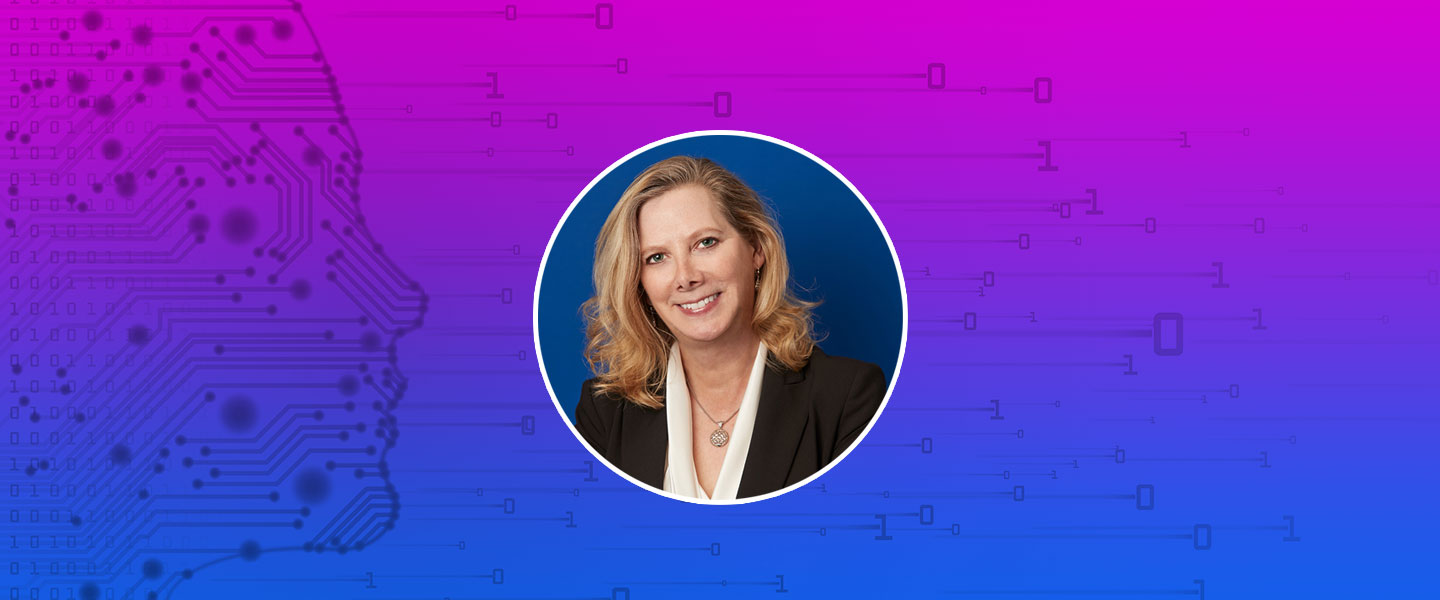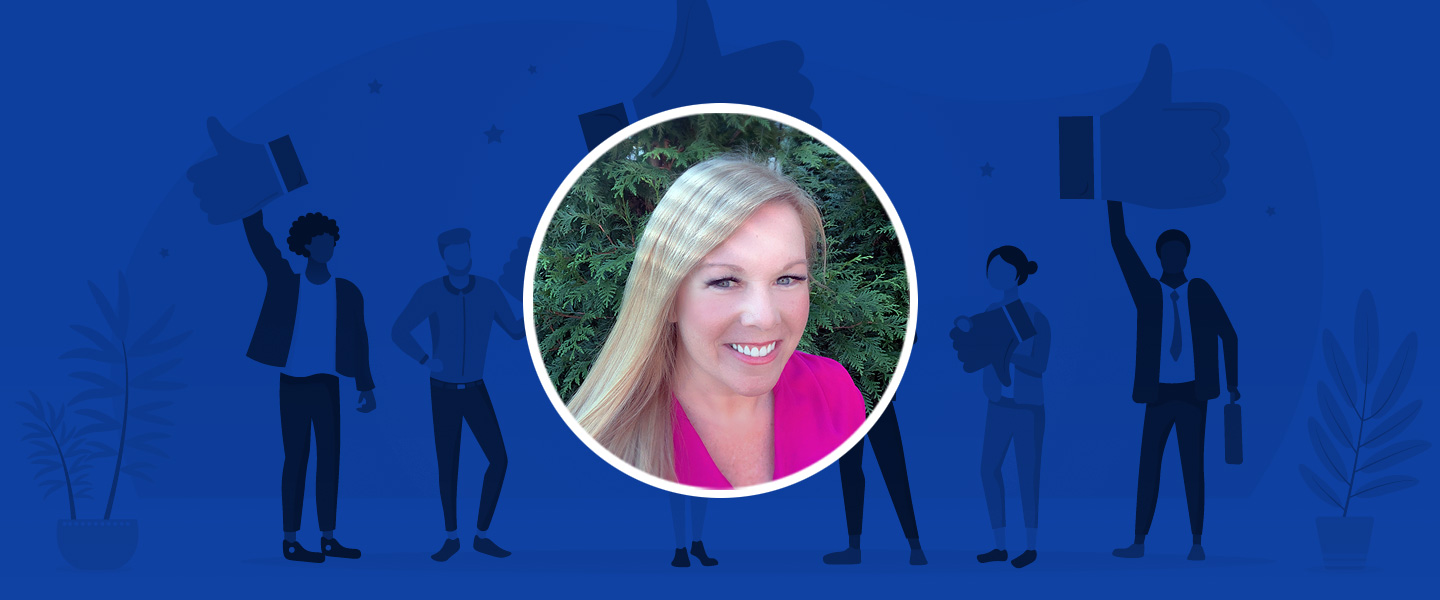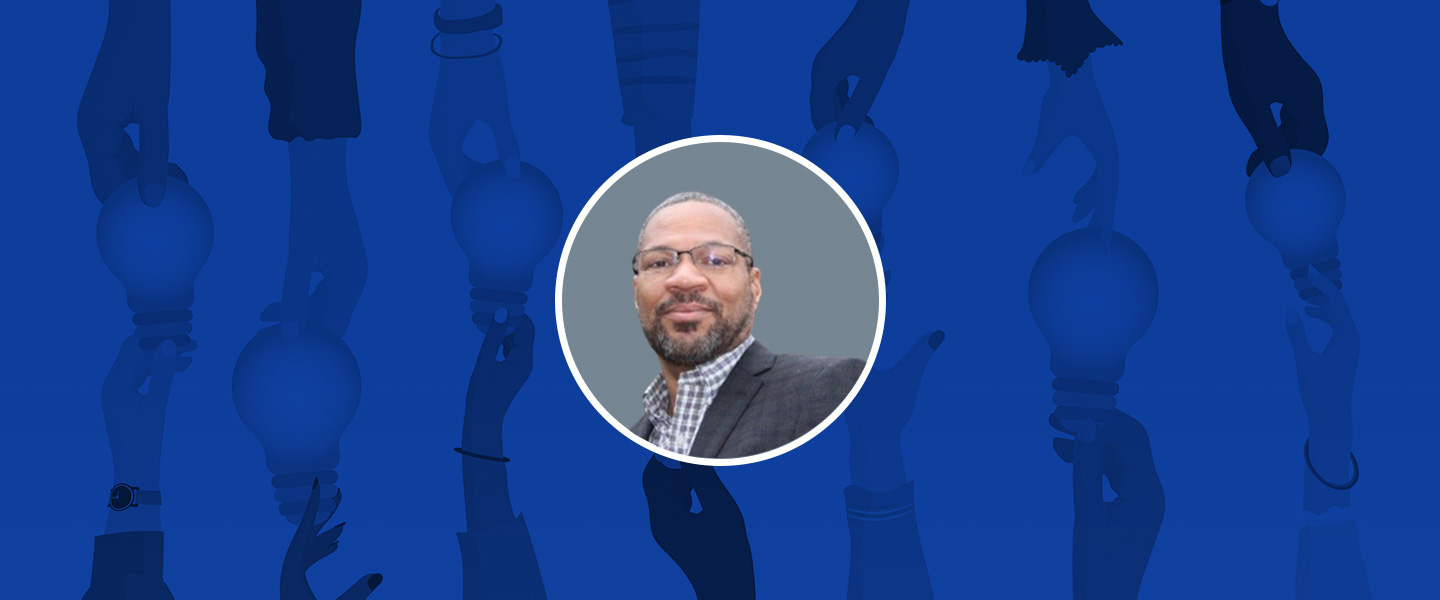In this series, Women in Health Tech, we are spotlighting women in our organization and across the industry who are leading the mission for continued innovation, change, and equal opportunities in healthcare, science, and technology.
We caught up with Lisa Hebert, Senior Director of Product Management at NantHealth, where she leads the product management team for NaviNet, a leading payer-provider collaboration and engagement platform. Under her leadership, she has expanded the product portfolio and introduced new capabilities that enhance greater efficiencies for payers and providers. Over her 15+ year career, Lisa has held several product and project management roles in the healthcare industry, including Tufts Health Plan and Best Doctors (Teledoc).
We asked Lisa questions about her career journey and the challenges and experiences that have influenced her along the way.
What attracted you to tech and healthcare?
What moved me to dive into the Health IT world was my desire to help people get better care, be more informed, and positively impact those getting care in new ways. The challenges I saw 20 years ago are still present today, it’s hard to keep up with innovation, and the rapid rate of changes can often scare people. Look how far we’ve come in just the last decade with precision medicine and the onslaught of tools that you can access on your phone to manage your health journey! The cost of healthcare increases every day, impacting how we look at technology and how it’s applied. Where you invest and continue to ideate can have a critical impact on our community. Just think of how far telemedicine has come, for example. It wasn’t embraced by a lot of the industry and then, Covid…well, the rest is history. You can now do your visits from your smartphone or computer without putting yourself or others at risk and still get the care you need.
What was your career path?
I graduated from college with a BA in Communications. Originally, I wanted to go into film and television production, and it never fit me 100%. Looking back, it was the technology side, all the tools, and the constant innovation in the space that I was most excited about. I fell into healthcare by complete accident and loved being part of the ecosystems early on, taking on an admin role that started the inevitable slide into technology solutions. I had some amazing mentors and supportive leaders who presented me with opportunities to work on projects that- all had a major technology focus, all with a mission of ensuring that the patients were getting the right care at the right time. It made a huge impact, and it continues to influence the roles I take today, particularly building new products and services focused on the patient journey.
What unique experiences or perspectives do women bring to this industry?
I think women bring a unique perspective to health IT. Culturally and particularly in IT, women are still in the minority, but we’re gaining more presence across the board and in boardrooms. Our perspectives are unique as our culture puts so much focus on health and wellness (albeit not on great topics, such as diet and a focus on traditional female roles in society). Still, we bring all that practical experience of being the target of those topics and health in general from a very early age, and we apply that to how we problem solve. I think our experience in healthcare, of getting the right care, especially as women, is hard. How often are we given recommendations focused on male biology, but have little to do with female biology, so we have to advocate hard to get heard and seen. I think in IT, we do the same thing as we’re doing with our own healthcare – we’re advocating hard for the right thing and looking at the technology from more than one perspective.
What have you learned about yourself from doing what you do?
That I have so much more to learn! I like to approach any role or product as an opportunity to learn and grow and doing what I do is a constant education in new things.
What advice do you give to young women looking to enter this field?
Just jump in and start somewhere, find a role that lets you contribute to a project. I started in healthcare IT by doing just that; I was asked to help with a project re-platforming an internal application suite, documenting meeting minutes, and creating process flows. From there, the rest is history, and it was the bug that got me interested in building new services and products.
What’s the best advice you’ve ever received?
It’s a bit cliché, but “Keep Moving Forward.” Whether it’s failure or success, every experience helps you learn, grow, and continue to evolve. Embrace it and use it.
I think women bring a unique perspective to health IT. Culturally and particularly in IT, women are still in the minority, but we’re gaining more presence across the board and in boardrooms.
Why is workplace diversity important to you?
We need a diverse set of perspectives to help make the right decisions. Without diversity, you bring your innate bias with you with nothing to keep it in check. Having a diverse workforce allows us all to bring our best to the table. It changes the way we look at the problems we’re here solving.
If you could tell your 20-year-old self anything, what would it be and why?
Stop underestimating yourself! I’ve always had a battle with imposter syndrome, never thinking I’m good enough or smart enough to do the types of roles that I’ve always wanted. I’d tell that 20-year-old young woman that she is more than she thinks she is. She is smart, has good insights, and needs to speak UP! Go and be ambitious. Go after what you really want instead of thinking you don’t deserve it.
What is the most important challenge facing healthcare that you want to tackle?
Breaking down interoperability into achievable deliverables that enable data to pass from system to system. The industry has been slow to adopt newer standards and has had an even harder time in translating how it will need to continue to evolve as technology very quickly changes. I think the biggest challenge we will see is how technologists handle the constant change in healthcare technology and how that evolution is shaped by both regulatory changes and in how we manage care in the post-Covid world. We need to be nimbler to anticipate and react to how quickly things can and will change.
Who is someone you admire or follow and why?
Gibson Biddle, a former head of product for a number of companies (such as Netflix). He provides invaluable insight and delivers really interesting content to the product builders like me, looking for commonalities and strategies for managing and building complex products.
What’s the hardest career lesson you’ve had to learn so far?
That not everything is in my control. There have been many times in my career where I would feel personally responsible when things didn’t go well or bombed completely but had nothing to do with the work I was part of or in charge of. It’s a work in progress lesson, something I think many leaders struggle with when you want your teams, your products, and your careers to be successful but, bumps will happen, and you can’t control it all (no matter how much you wish you could!).
When people talk about your leadership, what would you like them to say?
I’d hope they would say that I lead with compassion, energy, and pragmatic optimism.
What was one of the most impactful personal moments of your life?
The birth of my daughters, they are forces to reckon with, and I can’t wait to see what good they do for this world.
Whether it’s failure or success, every experience helps you learn, grow, and continue to evolve. Embrace it and use it.
What’s the best time you’ve ever had without spending money?
Sitting around a campfire with friends and family, just enjoying each other’s company.
What four words best describe you?
Optimistic, realistic, animated, challenging
What is your most treasured possession?
A crocheted throw blanket that was my grandmother’s, nothing ornate but something I loved to huddle under when visiting her. She’s been gone over 24 years now, but it brings me back home and reminds me of how much I loved spending time with her and getting those grandparent hugs.
What is your ultimate career dream?
I have great ambitions to eventually be a Chief Product Officer someday, giving a keynote at a major conference about the difference we’re all making.
What two modern-day conveniences can you not live without?
My phone, sadly, that has all of my pictures, music, books, all stored on the cloud…and then, the coffee maker.







